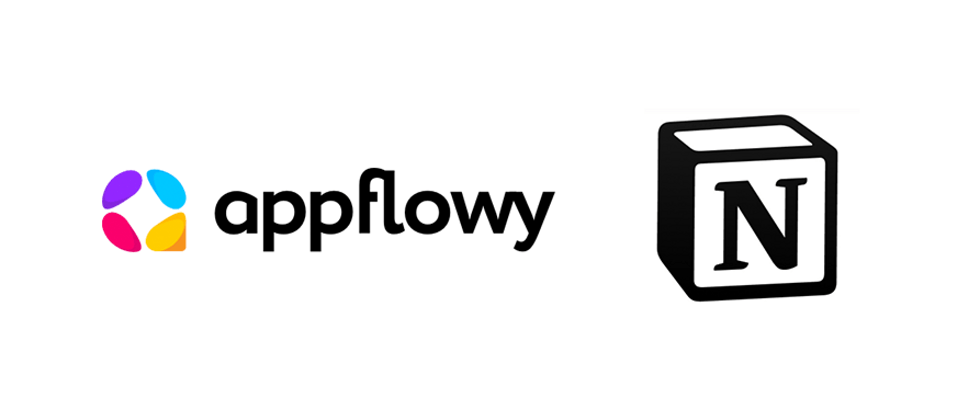Notion’s open source alternative AppFlowy was officially released recently. Once released, it won nearly 8k Star in just one week.
This result is very good for an open source project, so why with Notion, the AppFlowy team has to develop a similar product from scratch?
This is mainly due to some limitations of Notion including: data security, mobile terminal adaptation and so on.
Even though Notion is the favorite project and knowledge management tool of the AppFlowy team, in some enterprise scenarios, data security and 100% privatization management of data are very important.
The AppFlowy team hopes to achieve this mission through three basic values:
1. Data privacy first
2. Reliable native experience
3. Community-driven scalability
Based on the above problems, AppFlowy was born. Although the AppFlowy team humbly said: They did not intend to surpass Notion in terms of function and design. Their current task is to cultivate a community and accumulate experience and knowledge for the production of a complex work management tool. . At the same time, it can lay the foundation for individuals and enterprises to create better management tools. It seems that the AppFlowy team has very ambitious ideals and goals. If you want a product to be more successful, you must use the power of interest in it as much as possible. Isn't that true of Linux in those days?
Let's take a look at AppFlowy's homepage and related screenshots:
It looks very good, but there is currently no installation on github to experience it. If you want to experience it, you must experience it through the development environment. As a programmer, it is not a problem to install the startup program :), after all, this blogger is proficient in all kinds of Language installation and output "Hello World".
AppFlowy is developed by Flutter and Rust, which guarantees its cross-platform capabilities and performance to a certain extent.
Let's take a look at the start-up introduction of README~
The first and second steps are relatively simple.
At the third step, due to the need to install Flutter, it is a little troublesome. You need to install Flutter. Fortunately, the Chinese version of Flutter tutorial has provided us with the replacement of the mirror source of the tutorial. You can install Flutter through the following tutorial:
https://flutter.cn/community/china
Next, you need to install Android Studio and Xcode
Android Studio installation tutorial
https://sevencho.github.io/archives/67c8fe48.html
Xcode must be version 12.1 or higher, just download and upgrade directly from the App Store.
However, the blogger’s Mac OS version is relatively low, so specifically for installation, he upgraded MacOS Catalina , Big Sur cannot be installed after downloading (maybe the model is too old.)
Enter Android Studio Manager to install cmdline-tools, and run the certificate directly as prompted.
I encountered a problem with installing the certificate in the middle, the solution:
https://segmentfault.com/a/1190000021926094
Finally, because I don’t know how to run flutter, it took a long time to check the information. It turns out that after running the above four steps, you still need to run
flutter run -d macOSFinally we can see that the entire application is up and running:
Tried the current version, it is mainly showing the status of an md editor, and there are some bugs, some shortcut keys are not supported, it is still a basic application~
However, the AppFlowy team has also made some plans to publish on trello, and there are screenshots of each plan (I feel that this method is very good, and I am going to write a plan and resume plan and make it public)
The long-term goals mainly include offline mode, collaboration, design system, mobile app, panel, and synchronization. The short term is mainly drag and drop and shortcut toolbar.
Notion is a very good product, but after AppFlowy has the power of open source, I believe it will definitely have great potential in the future, and everyone can also learn the technology behind this product, I believe there will be a great improvement.
Concluding remarks
+Like+Favorite+Comment+
Pay attention to the notes of the Qiufeng, a front-end public account that focuses on front-end interviews, engineering, and open source












**粗体** _斜体_ [链接](http://example.com) `代码` - 列表 > 引用。你还可以使用@来通知其他用户。